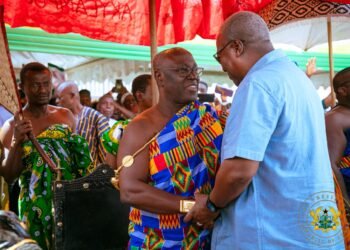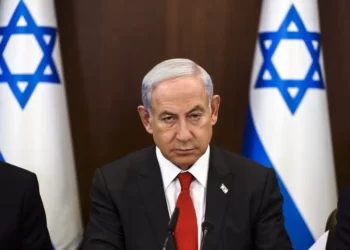The European Union and South America’s Mercosur trade bloc have struck an agreement on a long-anticipated free trade deal.
After negotiations spanning more than 20 years and five years on from an initial deal, European Commission President, Ursula von der Leyen and her Mercosur counterparts said that a deal had been reached on Friday, December 6, 2024, in Uruguay’s capital, Montevideo.
The agreement aims to create one of the largest free trade zones in the world, covering more than 700 million people and nearly 25 percent of global gross domestic product.
Its goal is to reduce tariffs and trade barriers, making it easier for businesses on both sides to export goods.
Mercosur comprises Brazil – which makes up the lion’s share of the bloc’s territory, economic output and population – along with Argentina, Paraguay, Uruguay and Bolivia, the newest member. Venezuela’s membership has been suspended indefinitely.
The European Commission President asserted during a news conference alongside the Presidents of the main Mercosur nations, including Argentina and Brazil, “This is a win-win agreement.”
“This agreement is not just an economic opportunity. It is a political necessity.
“I know that strong winds are coming in the opposite direction, towards isolation and fragmentation, but this agreement is our near response.”
Ursula von der Leyen
She said that the pact would have a positive impact on about 60,000 companies that export to the Mercosur region.
She added that they will “benefit from reduced tariffs, simpler customs procedures and preferential access to some critical raw materials” as the agreement “will create huge business opportunities.”
“To our farmers, we have heard you, listened to your concerns, and we are acting on them. This agreement includes robust safeguards to protect your livelihoods.”
von der Leyen
While South American leaders hailed the pact, the deal is not done for some of the European countries.
The trade agreement requires approval from 15 of the 27 EU members representing 65 percent of the EU population along with a simple majority in the European Parliament.
France has led a group of EU member states that still have objections to the pact with the country’s minister for trade, Sophie Primas, saying that von der Leyen’s announcement “regards only her.”
“Today is not the end of the story. This only commits the commission, not the [EU] member states.”
Sophie Primas
Aside Primas, the European farmers lobby Copa-Coge reiterated its opposition to the deal and called for protests in Brussels on Monday.
The farmers have argued that Mercosur products do not meet EU standards and would create unfair competition.
European environmental groups also broadly oppose the accord. Friends of the Earth called it a “climate-wrecking” deal.
Germany Hails Conclusion Of Deal
Meanwhile, German Chancellor, Olaf Scholz hailed the conclusion of the deal in a social media post.
“After more than 20 years of negotiations, the Mercosur countries and the EU have reached a political agreement.
“An important hurdle for the agreement has been overcome. This will create a free market for more than 700 million people along with more growth and competitiveness.”
Olaf Scholz
Germany’s trade and industry associations also welcomed the move.
BGA trade lobby President, Dirk Jandura said in a statement, “Such important agreements must not take 25 years,” adding that it was now up to the German government to ensure there is a majority for the “milestone” agreement.
The Head of Germany’s BDI industry lobby group, Siegfried Russwurm, said that the announcement was very good news for German and European companies as well as for their economies.
Russwurm said in a statement, “In times of increasing fragmentation of global trade, the trade agreement sends a clear and strategic signal for free and rules-based trade.”
READ ALSO: Election Buzz Fails to Deter GSE Growth




















